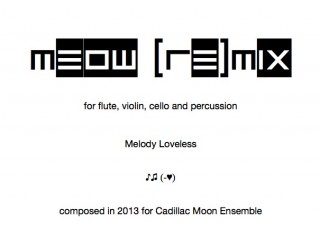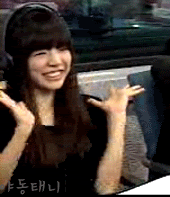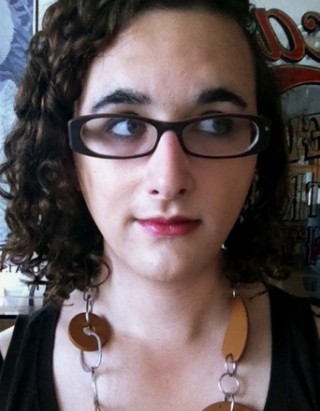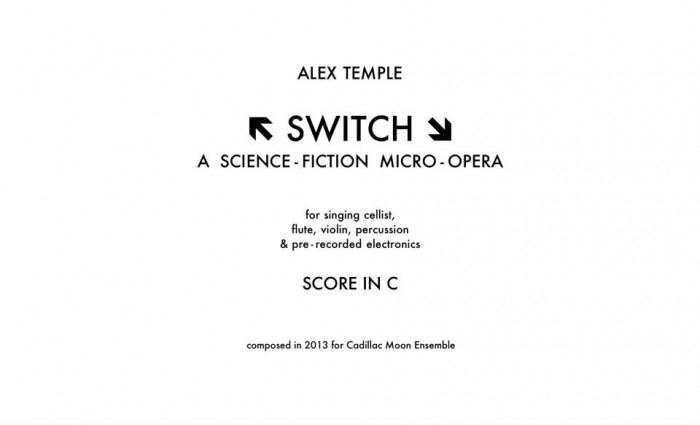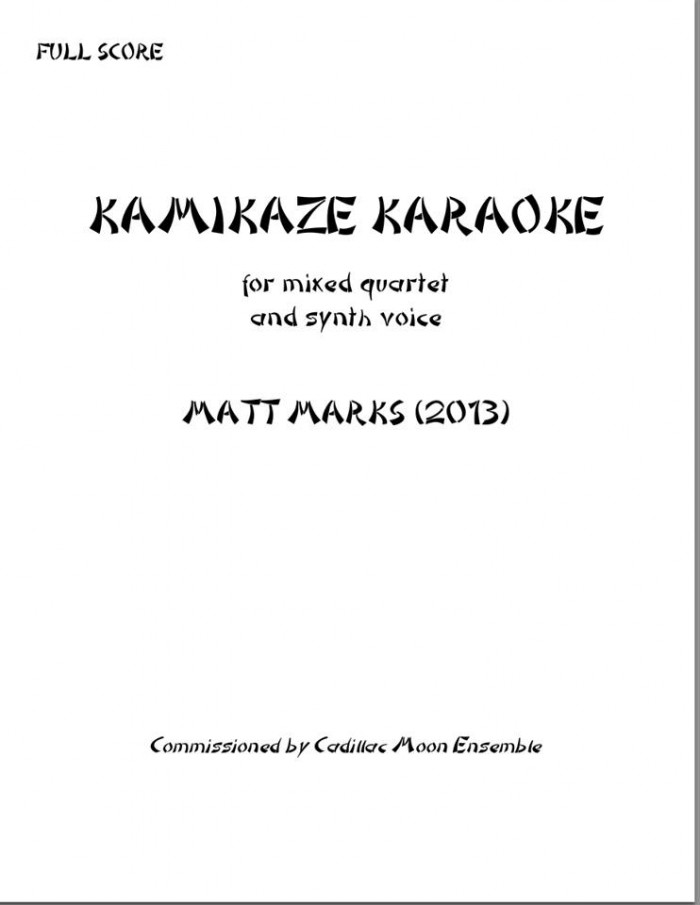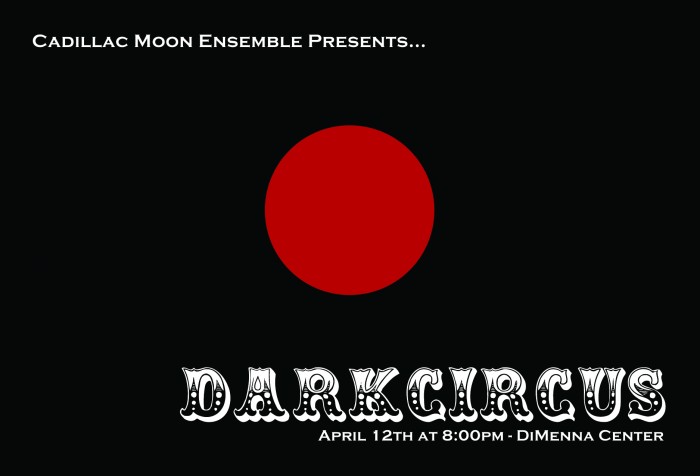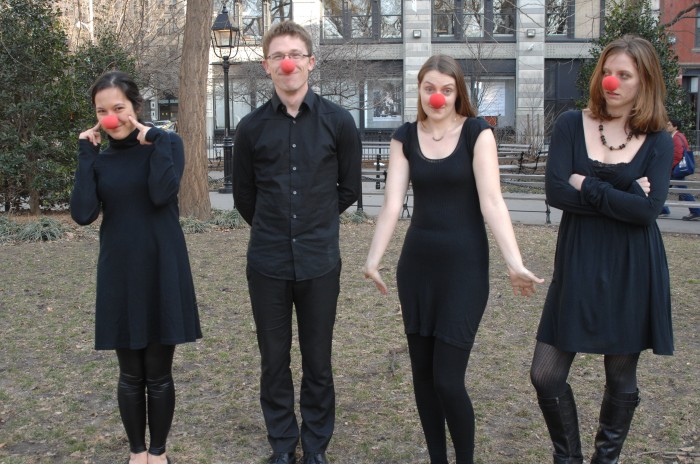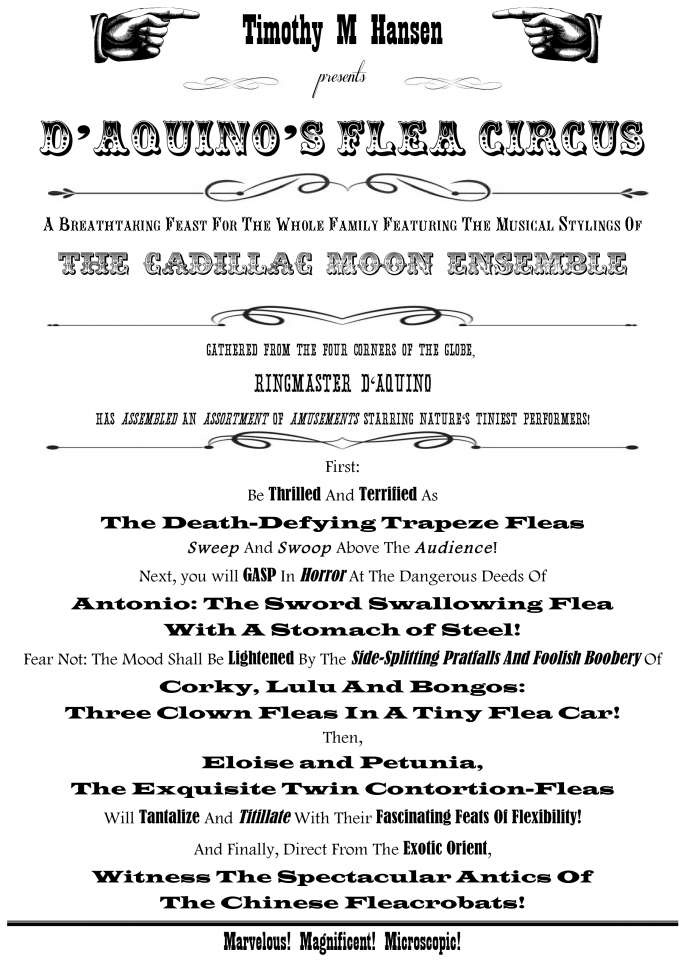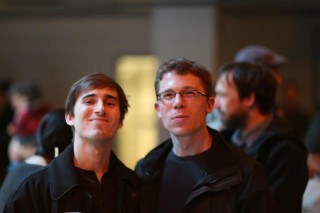Composer Spotlight: Viet Cuong
One of the early ideas associated with our Den of Death program was the concept of indulgence: indulgence in revelry, flesh, fantasy, and the practice of purchasing indulgences to avoid temporal punishment for sin. Viet Cuong‘s piece Windmill works in these themes, while creating a unique and very successful blend of our four instruments!
Read what Viet has to say about his piece below, and then get your tickets to Den of Death!
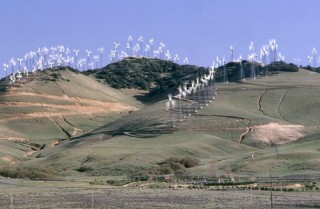
I was born and spent the first four years of my life in southern California. Though I was quite young and don’t recall many memories of living there, I (for whatever reason) do remember looking out the window of the car and admiring ranks of windmills perched on the hills by the highway. Perhaps this memory was ingrained in my brain simply because it was so stunning; watching a hundred windmills spinning their blades in conjunction with the rolling wind is quite a sight. They’re modern marvels—and strangely statuesque. For years I would think back to this memory, and I knew I had to write a piece with it in mind one day.
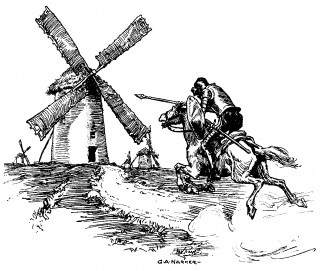 I thought that the instrumentation of the Cadillac Moon Ensemble would work very well with the “windmill” concept: the idea of four different instruments driven by a single, common force resonates quite nicely with what I mentioned above. However, when I learned that the concert would be themed around indulgences, I wondered if there was a way to bring another conceptual level to the piece. More memories then came to me…this time of my high school literature classes, when we studied George Orwell’s Animal Farm, where the windmill symbolizes power and manipulation, and Miguel de Cervantes Saavedra’s Don Quixote, where the windmill represents Don Quixote’s indulgences in fantasy.
I thought that the instrumentation of the Cadillac Moon Ensemble would work very well with the “windmill” concept: the idea of four different instruments driven by a single, common force resonates quite nicely with what I mentioned above. However, when I learned that the concert would be themed around indulgences, I wondered if there was a way to bring another conceptual level to the piece. More memories then came to me…this time of my high school literature classes, when we studied George Orwell’s Animal Farm, where the windmill symbolizes power and manipulation, and Miguel de Cervantes Saavedra’s Don Quixote, where the windmill represents Don Quixote’s indulgences in fantasy.
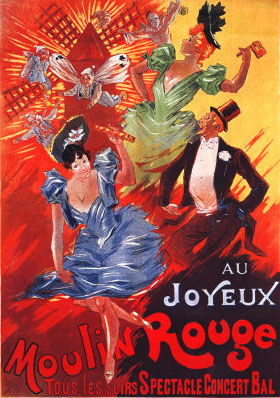 As luck would have it, I then remembered more instances of windmills in my college life. At Peabody/JHU I took a course on French and German cabarets at the turn of the century. The Montmartre area of Paris was (in)famous for its cabarets during those years, and the area’s windmills, especially at Moulin Rouge and Moulin de la Galette, became iconic motifs of the cabarets. These windmills for me represent indulgences of revelry and flesh.
As luck would have it, I then remembered more instances of windmills in my college life. At Peabody/JHU I took a course on French and German cabarets at the turn of the century. The Montmartre area of Paris was (in)famous for its cabarets during those years, and the area’s windmills, especially at Moulin Rouge and Moulin de la Galette, became iconic motifs of the cabarets. These windmills for me represent indulgences of revelry and flesh.
Windmill is therefore a unifying piece for several reasons. It brings together many slices of my life, as well as the quirky, unconventional instrumentation of the CME. Because the four instruments of the ensemble have such distinct characters, I thought it would be a fun challenge to meld them into a “single instrument,” and other times create a “fiolinophone,” “cellophone,” or “vibraphlute” by combining two or three of the instruments. The main motif, borrowed from a piano piece I wrote last year, sits on an A and flows perpetually through the entire work. As the motive is passed through each of the four performers, the surrounding landscape’s harmonies and textures subtly shift. It’s almost as if the motif recalls wind flowing through a row of four windmills.
Thank you so much to Roberta, Patti, Meaghan, and Sean for everything they do, and for their remarkable patience and trust in me as I was writing the piece. It will be an honor to have them premiere it this week!

